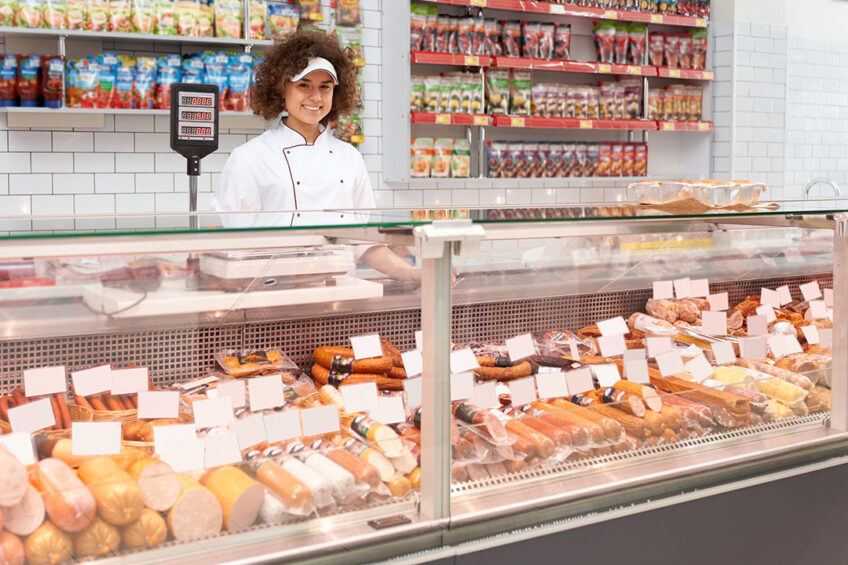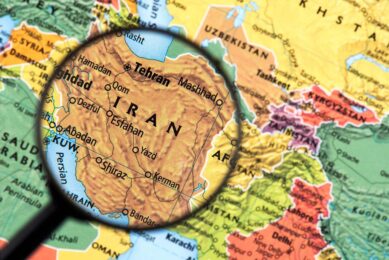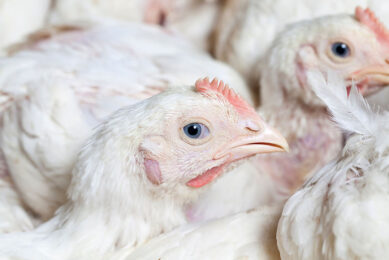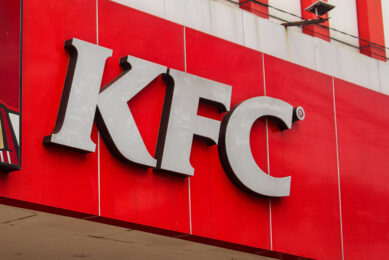Hungary enforces mandatory discounts on poultry

From 1 June, Hungarian prime minister, Viktor Orban, has imposed mandatory price cuts on 20 basic food items, including poultry, by large groceries in a move called to tackle food inflation in the country in addition to food price caps.
Under the plan, big food retailers are obliged to offer weekly discounts on food staples of at least 10%, compared with the lowest price offered in the previous 30 days.
This is not the first step in regulating food prices. In January 2022, the Hungarian government-imposed price caps on various food items, including chicken breasts. The authorities repeatedly prolonged the policy by adding new products to the list, the last time in April 2022.
The measure is now designed to last until 30 June, though there is confidence among market players that the food price capping will continue in the second half of the year.
Business suffers
The introduction of mandatory discounts came as a surprise for food retailers who are now assessing the financial impact of that measure, Gyorgy Vamos, head of the Hungarian National Trade Association, told local press, adding that it is already clear that the step would result in huge losses for the business.
Another part of the problem, he added, is that mandatory discounts are not the first measure hurting retail businesses, which are prepared for the introduction of a revenue-based windfall tax, and dealing with losses from the price caps, and a regulation that forces companies to stock a higher level of food staples.
Hungarian trade alliance OKSZ, in turn, said that the mandatory discounts would force retailers to revise their supply chains and likely increase imports. Some market players said that the new rules could increase the share of lower quality, cheaper products on the shelves.
Missing the goal
The Hungarian government is increasingly resorting to price control on the food market, even though there are signs it doesn’t work. In December 2022, Hungarian central bank governor, Gyorgy Matolcsy, voiced concerns that instead of constraining food inflation, the price cap, in fact, accelerates it, as groceries compensate for their losses on staple food by increasing the prices of other products.
Government officials state that the food control policy proved to be effective. However, the official statistical data doesn’t support that claim. Food prices increased in the country in March by 42.6% compared with the previous year, making consumers more price sensitive and taking a heavy toll on sales, which dropped by 10.3%.













